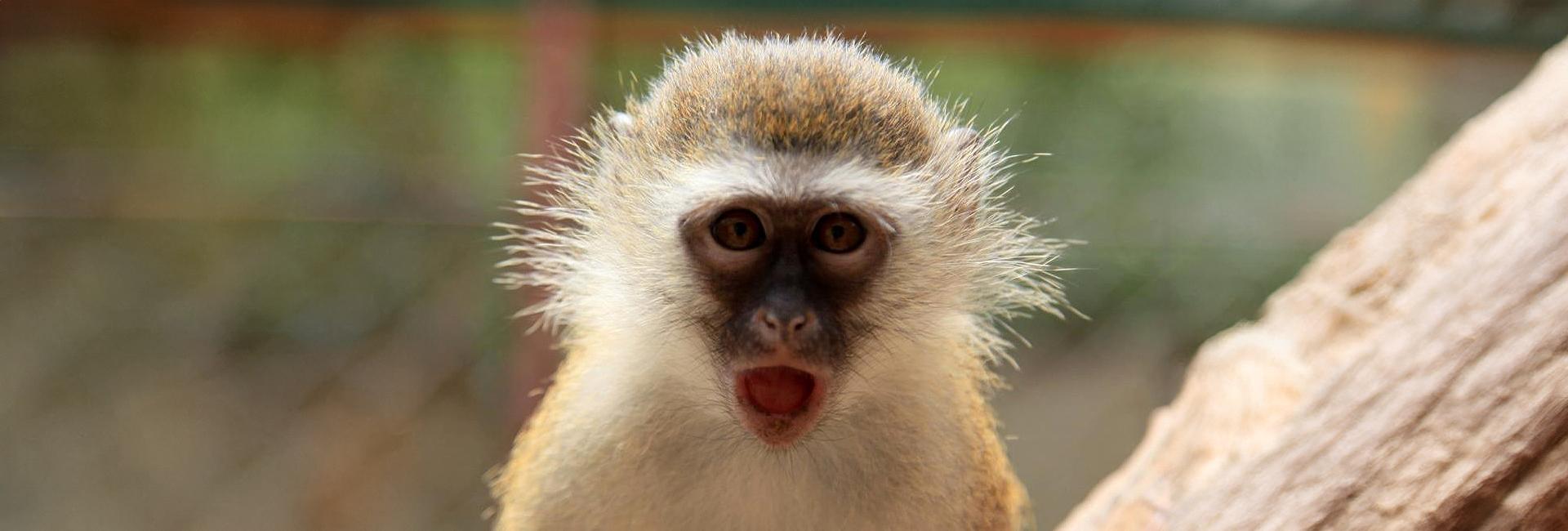With holiday season rapidly approaching, you may be looking for some inspiration on where to travel for your trip this year. At The Great Projects, we have some incredible destinations that you can visit, whilst also helping to preserve the world’s endangered and fascinating wildlife. One country that is particularly lovely at this time of year for sighting some unearthing species, is the award-winning Lilongwe wildlife Centre. in Malawi.
The History Of Lilongwe
Lilongwe stands in green and grassy glory as the capital city of Africa’s Malawi. It is named after the great Lilongwe River, that dances into Lake Malawi. The heart of the country was for centuries, just a small fishing village situated on the banks of the river. Colonial Britain previously used it as an administrative centre as it was easily navigable to Lake Malawi, and other places such as Zambia.
Location
Lilongwe is divided into two contrasting parts; the old and the new town. The new town is compiled of modernity, with glistening white buildings, that home banks and embassies. You will be spoiled for choice of what to eat, with a delicious range of international cuisines and shops that sell everything imaginable in the old town! You can also take a trip to the pleasant Kumbali Cultural village, and experience fascinating Malawian dancing, live acoustic music, with a traditional dinner.
Why Visit Lilongwe During July – September?
Most of the rain from the wet season have dissolved by the end of the May, leaving a stunning green landscape across most of Malawi that is beginning to dry. The temperatures at night at this time of year can get fairly cold, but dawn breaks and the heat quickly comes out to play. Even still, can you imagine anything more spell binding that wrapping up warm and cosy in the evening, to drift off to the sounds of hyenas, monkeys and birds, to be woken by the spine tingling roar of a lion? Cloudless skies blanket Malawi’s beautiful capital city, meaning that it is much easier to spot animals in the reserve at the wildlife centre. Also, if you are lucky enough to visit the sanctuary as a volunteer at a time where releases are scheduled, the possibility of seeing more animals during this process in the wild is greater than ever!
What Will I experience At The Sanctuary?
The Lilongwe wildlife Centre offers a lifeline to wild animals who are under great stress. They save the lives of orphaned animals, and when possible, release them back into the wild exactly where they belong. It is the only accredited wildlife centre in Malawi, and has won awards for its inspirational and motivational work. Most of its residents have been rescued in Malawi, however some animals, like two of their majestic lions, Bella and Simba, have been rescued from captivity and abuse in other African countries.
They have a state of the art vet clinic, where veterinary school students have the opportunity to gain some first-hand experience if you have been studying for over a year! They also have a call out unit which is especially beneficial for larger animals like rhinos and elephants.
A range of breath taking species roam wild in the lush lands of the centre’s 180 hectare reserve. You could have the opportunity to witness wild lions prowling through the grasslands or laying gracefully in the Malawian sun. Many species of monkey occupy the reserve and their adorable human like faces and curly tails could turn any frown into an awe-stricken smile. Majestic and acrobatic antelopes hop through the reserve effortlessly in the comfort that they are safe, and protected.
In the wild, animal habitat is disappearing, causing a rise in death and human – animal conflict. In Malawi in particular, the pet and bush meat trades are common, resulting in more death for innocent wildlife. This is exactly why the work of the sanctuary is so profound, as they offer a haven for these orphans and try to inspire people to adopt an ethos that conserves some of nature’s most gracious animals.
As a volunteer on this project, you will be involved in the maintenance of the sanctuary, and working to instil the same ethos into the local community, to give them a better understanding of the importance of helping endangered species. You can even assist in hand rearing orphaned baby animals! However, please bear in mind that The Great Projects takes animal conservation and rehabilitation very seriously. And the project does have a strict no contact policy with the animals. However, the babies often need hand rearing for the initial stages of their development, as sadly they do not have their mothers to teach them. Therefore the hand rearing of the baby orphans, and veterinary students are one exception of the rule. Human contact impacts the extent that a rescued animal can be rehabilitated, as it can begin to domesticate them, making them unable to survive in the wild. Releasing the animals back into the wild on a permanent basis is the main aim of the project, as this is how the species can thrive and mate naturally, continuing their presence in the ecosystem for generations to come.
Do you feel inspired to book your trip? Please find more information about this project on our Project Page.




















